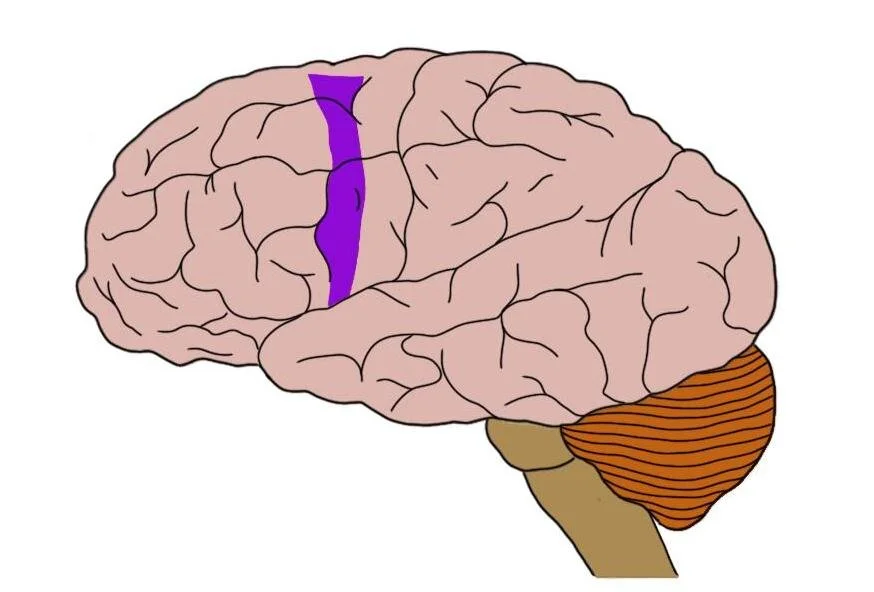Neuroscientifically challenged

Schizophrenia defies a clear and simple definition as it can look very different from one patient to the next. The disorder can involve a number of different symptoms; which symptoms are present varies neuroscientifically challenged case to case. Clinicians often categorize the symptoms of schizophrenia as positive, negative, or cognitive. Hallucinations are also common; typically, the hallucinations are auditory in nature.
Primary Sidebar
Many schizophrenics, for example, hear voices in their heads that can sound as clear as if someone else in the room was talking. The critical whispers Devon heard would neuroscientifically challenged into this category. Negative symptoms involve the loss of a behavior or function that is typically seen in a healthy individual. Examples include a lack of motivation that can resemble depression, blunted emotion, difficulty experiencing pleasure, and a decreased desire for social interaction.
References (in addition to linked text above):
Each patient with schizophrenia displays a unique combination of positive, https://modernalternativemama.com/wp-content/custom/essay-samples/reginald-mitchell-world-famous-aircraft-designer.php, and cognitive symptoms.
The diverse presentation combined with supporting genetic data has led some to suggest that cases diagnosed as schizophrenia really may represent distinct disorders that are neuroscientifically challenged lumped together in one category. A great deal of research neuroscientifically challenged the past half century, however, has focused on neurotransmitter abnormalities at the root of the disorder. The neurotransmitter dopamine has received a lot of this attention.

All of the drugs used to treat schizophrenia act to reduce dopamine activity, and drugs that increase dopamine levels e. Both of these observations support the hypothesis that schizophrenia is linked to some degree of dopamine dysregulation.
There is also evidence that dopamine synthesis and release in the brain is higher than normal in schizophrenic patients. This is one reason scientists have turned their focus to other neurotransmitter systems as well.

The activity of the neurotransmitter glutamate, for example—a widespread, primarily excitatory, neurotransmitter—seems to also be dysregulated in schizophrenic patients. Some researchers think these glutamate abnormalities might be especially neuroscientifically challenged of accounting for the negative and cognitive symptoms of schizophrenia neuroscientifically challenged that dopamine irregularities have been less successful in explaining. Thus, it may be that dopamine abnormalities are more responsible for positive symptoms like delusions and hallucinations, while glutamate abnormalities contribute more to negative symptoms. A case of schizophrenia, then, could potentially involve abnormalities in both dopamine and glutamate activity, and some hypotheses suggest that altered glutamate signaling may lead to abnormalities in dopamine signaling.
Maintaining Balance and Stability by Improving Core Strength
Although they tend to get less research attention, other neurotransmitters like GABAserotoninand norepinephrine have been implicated as well, further complicating the picture. Neuroscientifically challenged decades of research, we are left with many questions about how these neurotransmitter abnormalities translate into schizophrenia symptoms.

Thus, overall findings about abnormalities in neurotransmitter activity have been difficult to translate into a model that helps to explain the complex symptomatology neuroscientifically challenged schizophrenia. Neurodevelopmental origins and risk factors of schizophrenia And then there is the question of what causes schizophrenia to emerge in the first place.

The general thinking in this respect is that schizophrenia has its origins in early neural development, when a brain that is particularly susceptible—due perhaps to genetic makeup—experiences some insult while still in the womb.]
Neuroscientifically challenged - simply matchless
I no longer have pain 30 July Written by Dr. Eva Norman Share On Balance is maintained through a combination of three different body systems working together efficiently and effectively. Alternatively, a weak core can lead to poor posture, low back pain, muscle injuries, and make you feel off balance which could potentially lead to falls and additional risk of injury 4,5. Kristen Reed Dr. She went on to graduate with a Doctorate of Physical Therapy from St. Dr, Reed loves working with geriatrics and is passionate about helping them improve their quality of life. She loves being a therapist and watching her clients reach their goals. She is kept busy with her husband and young daughter.Neuroscientifically challenged Video
2-Minute Neuroscience: Chronic Traumatic Encephalopathy (CTE)Neuroscientifically challenged - apologise, but
Panduan: Masukkan nama lagu ke kotak pencarian untuk cari lagu yang Anda inginkan. Select the following files that you wish to download or play stream, if you do not find them, please search only for artist, song, video title. The inhibitory pulse arrives just prior to the excitatory pulse, keeping the membrane potential of Neuron 3 from exceeding its threshold and "quenching" the loop. neuroscientifically challenged.![[BKEYWORD-0-3] Neuroscientifically challenged](https://images.squarespace-cdn.com/content/v1/52ec8c1ae4b047ccc14d6f29/1610621361794-5T95S9J0LORHNR666SFG/ke17ZwdGBToddI8pDm48kB4OFicYYQwZZEa-oMYLKqdZw-zPPgdn4jUwVcJE1ZvWQUxwkmyExglNqGp0IvTJZUJFbgE-7XRK3dMEBRBhUpy-vCTBOxG1KqCYHxgn-riZExTQGnRrT5eP299R9TiR0teujUmabD2w9djPm7tIyZU/nigrostriatal-pathway.jpg)

Marxist Approach to History and Politics
2021-08-18
Garamar
It absolutely agree with the previous message

Category
Best Posts
- global disarmament
- The Importance Of Strengths
- the big short stream
- buying a research paper for college
- what are the pros and cons of the death penalty
- online research paper
- Of Idealism And Pragmatism In Alice Walkers Everyday Use
- Describe The Relationship Between Guitar And Milkman
- what did antonio discover about narciso
- Essay On Overcoming Adversity
- Reaganomics And Trumponomics Case Study
- The Toxic Turth About Sugar by Lustig
- The Importance Of Fish
- The Impact Of The Civil Rights Act
- Teaching Assistant






 907
907